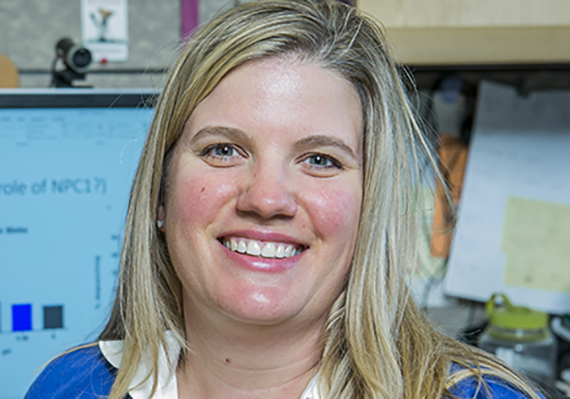Date/Time
Date(s) - 10/14/2019
9:35 am - 10:25 am
Location
New Engineering Building – Room 201
Categories No Categories
Susan Daniel, Ph.D.
Associate Professor
Smith School of Chemical and Biomolecular Engineering
Cornell University
“Cell-free Approaches for Re-creating Cellular Processes using Biomembrane Microfluidics and Bioelectronic Devices”
Abstract:
Cell membranes define life by localizing and orchestrating the critical cellular processes, reactions, and sensing that gives rise to self-replicating materials. The variety of lipids and proteins comprising these biomembranes enables fine-tuned control of these biological materials and the processes happing within them. However, to discover how these complex and myriad components give rise to the “rules of life” we turn to approaches that reduce the system to minimal components and reverse engineer these cellular processes. In this talk, I will teach you about simple supported lipid bilayer systems, development of molecularly complex biomembrane mimics, spatio-temporal organization of membrane processes using microfluidics, and the coupling of these platforms with electrically conducting polymers for readout of information. I will describe how these systems have informed the process of viral infection of cells, the ability of an antibiotic compound to destroy bacteria, how membrane ion channels are controlled by ATP, and how posttranslational modifications of proteins and lipids can be recapitulated synthetically in artificial biomembranes that mimic the Golgi apparatus compartments.
Bio:
Susan Daniel is an Associate Professor of Chemical and Biomolecular Engineering at Cornell University. Her research interests are in understanding phenomena at biological interfaces and chemically patterned surfaces that interact with soft matter – liquids; polymers; and biological materials, like cells, viruses, proteins, and lipids. In particular, her work focuses on understanding cell membrane organization, structure, and function. She leads a biotechnology research group that pioneered the use of “biomembrane chips”. This cell-free platform has been used to conduct membrane biophysical studies and cell-free studies examining the interactions between viruses and host cells that has elucidated how these interactions lead to virus infection. Her group’s most recent work leverages biomembrane chips to create synthetic cellular posttranslational modifications in “organelles-on-a-chip” to produce therapeutic biomolecules. Finally, her group has combined the biomembrane chip platform with conducting polymers to create a new class of bioelectronic-membrane sensing platform for studies of transmembrane protein function. Susan’s work has garnered a number of recognitions, including a National Science Foundation CAREER award in 2011, the Denice Denton Emerging Leader Award in 2012, the Schwartz Life Sciences award in 2016, and in 2017, she was honored with the College of Engineering’s Research Excellence Award. Susan holds a BS, MS and PhD from Lehigh University in Bethlehem, PA, USA.

